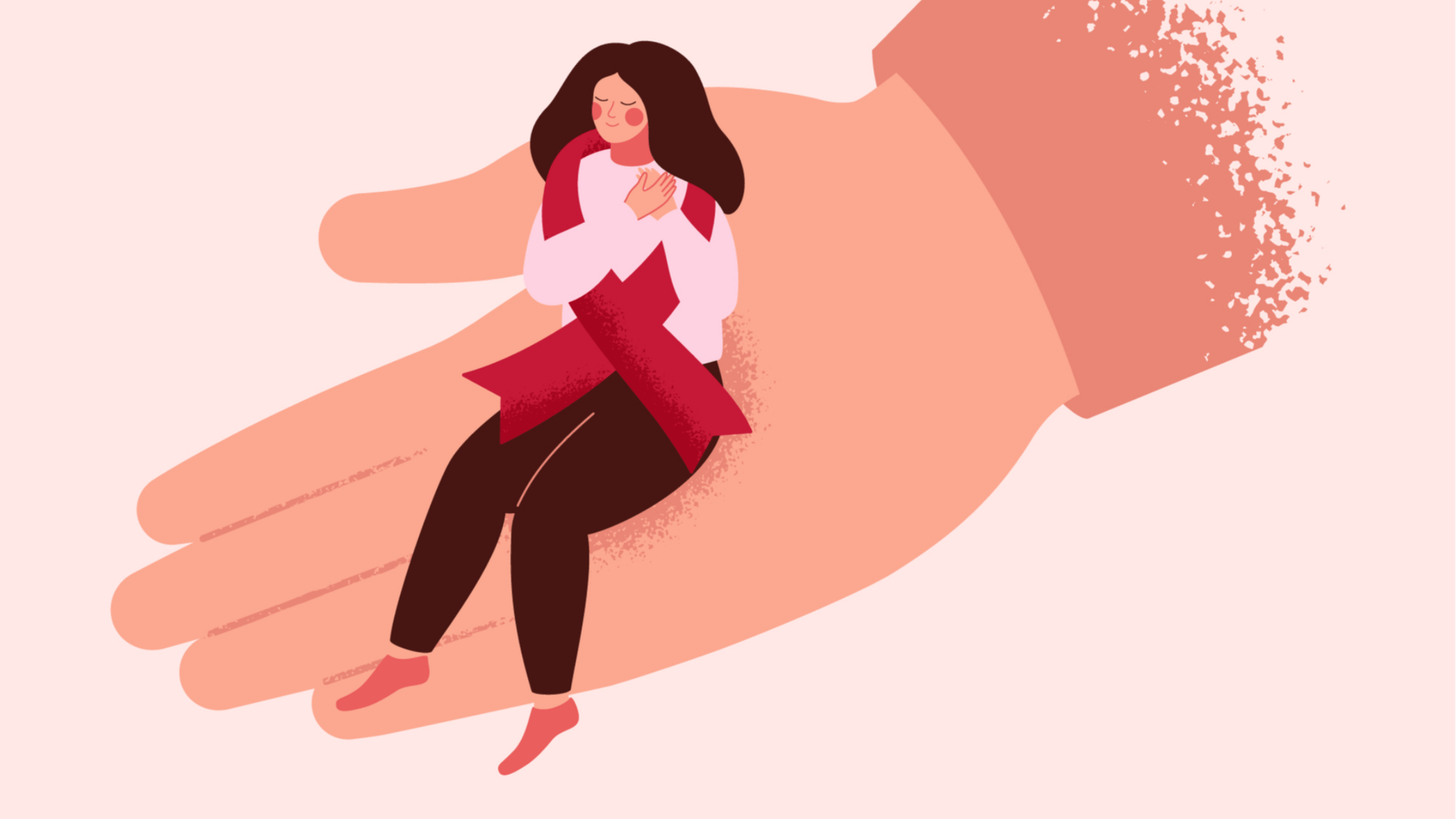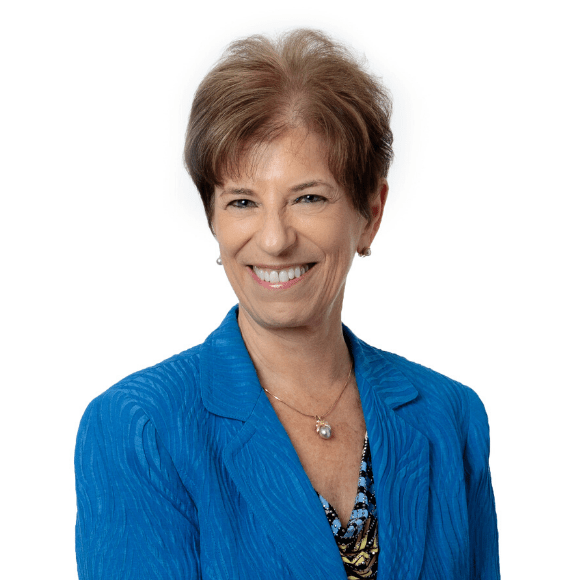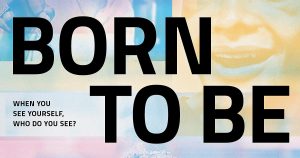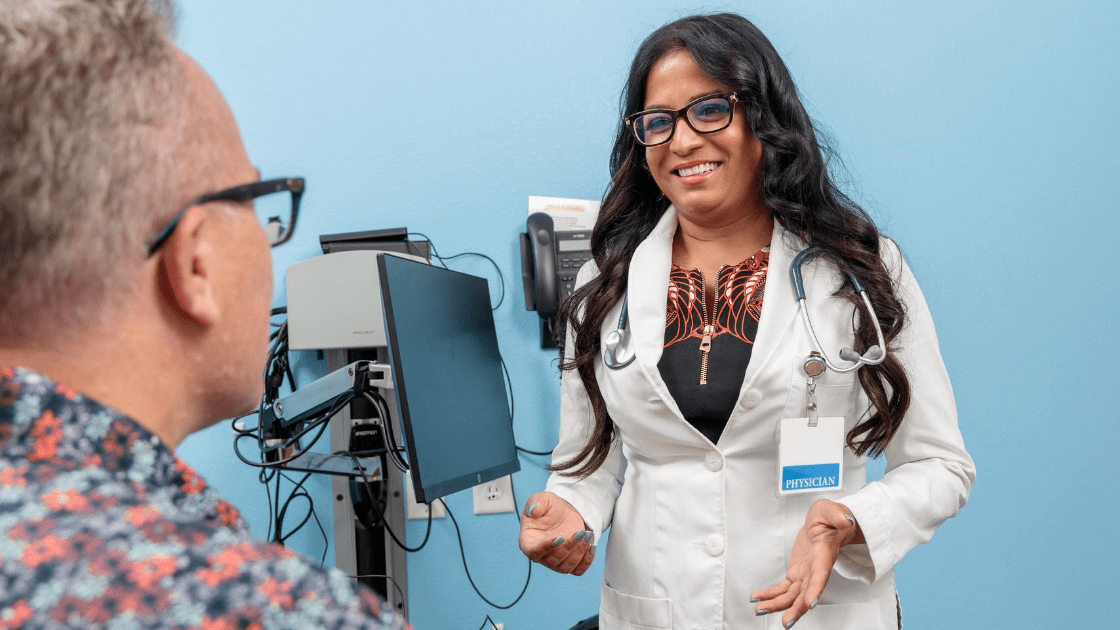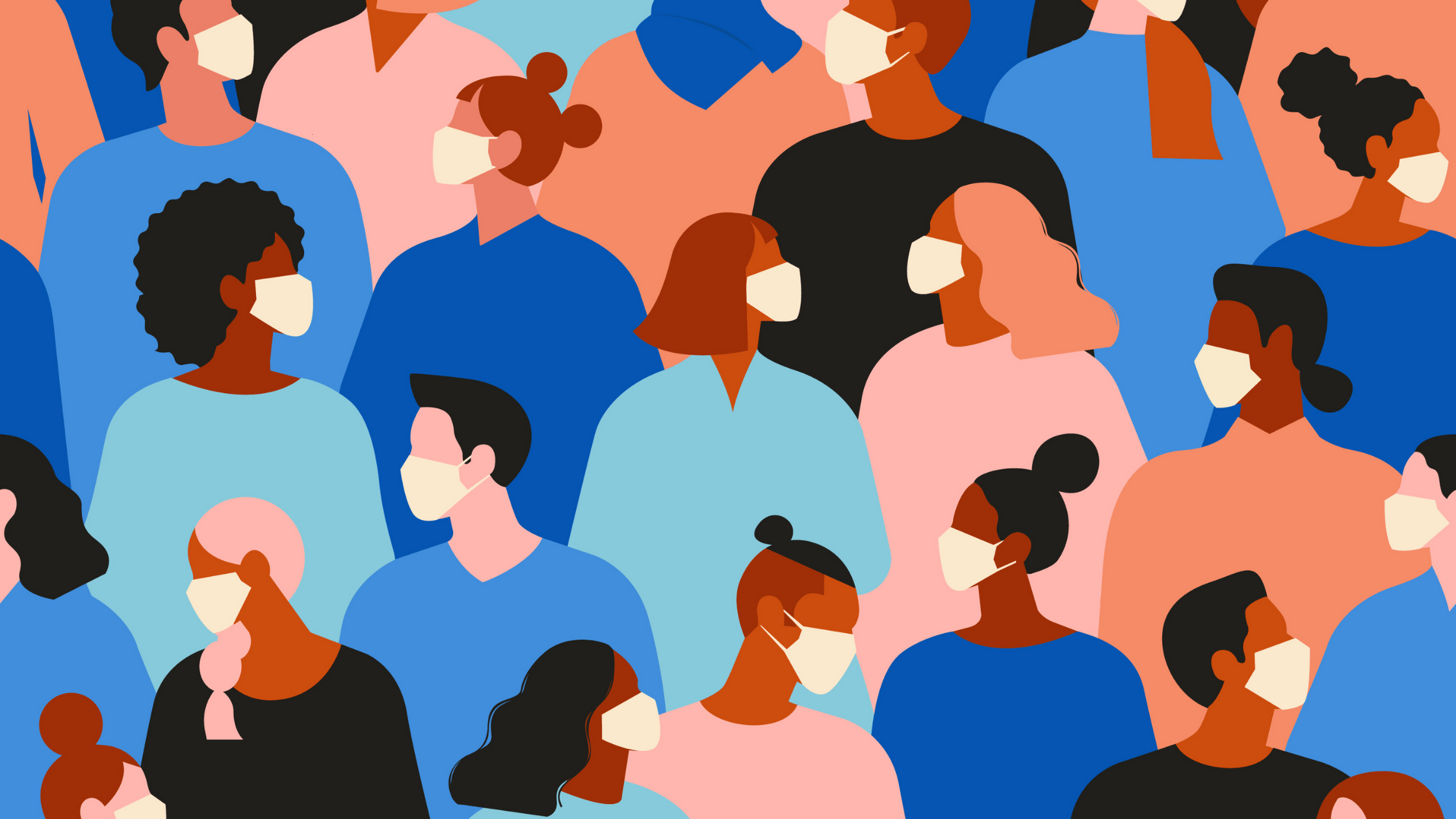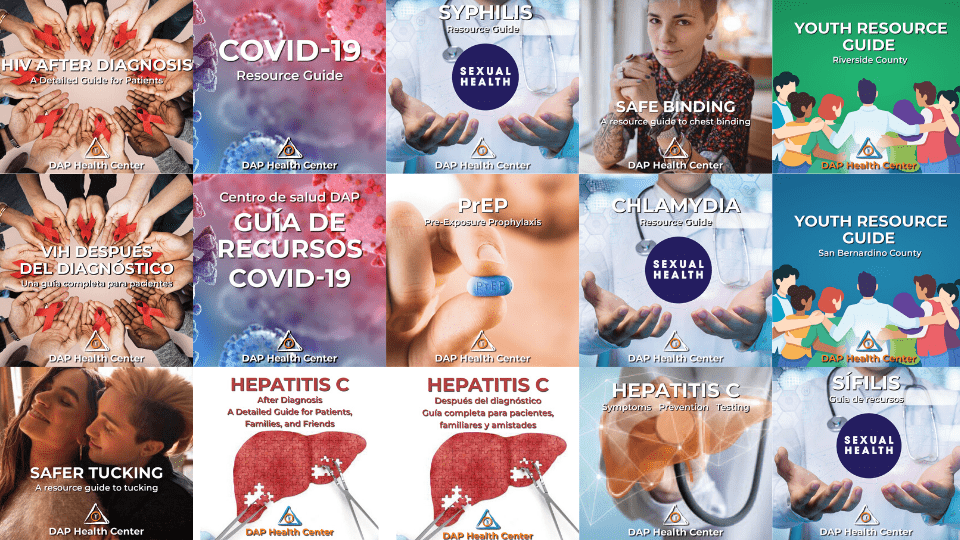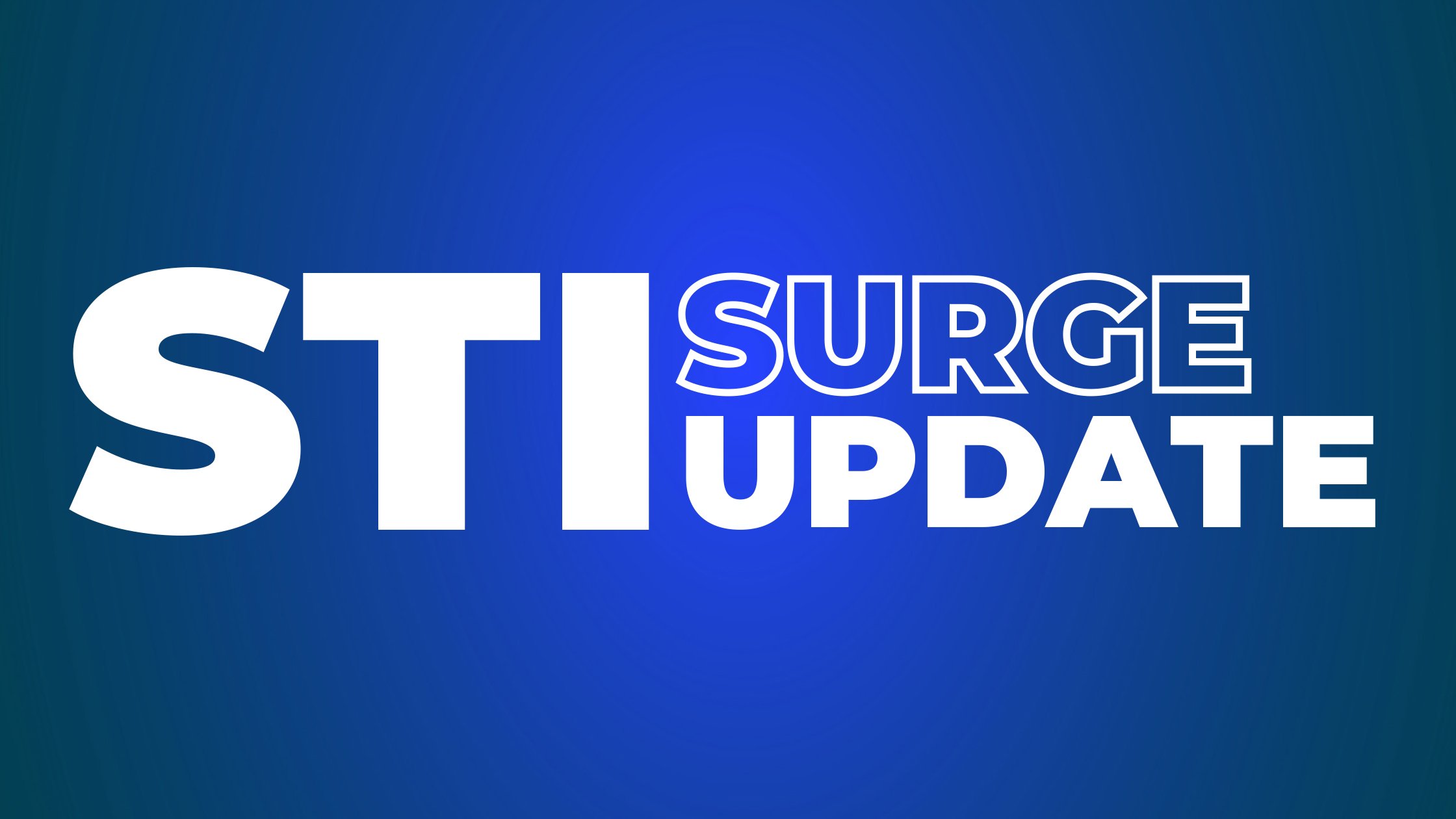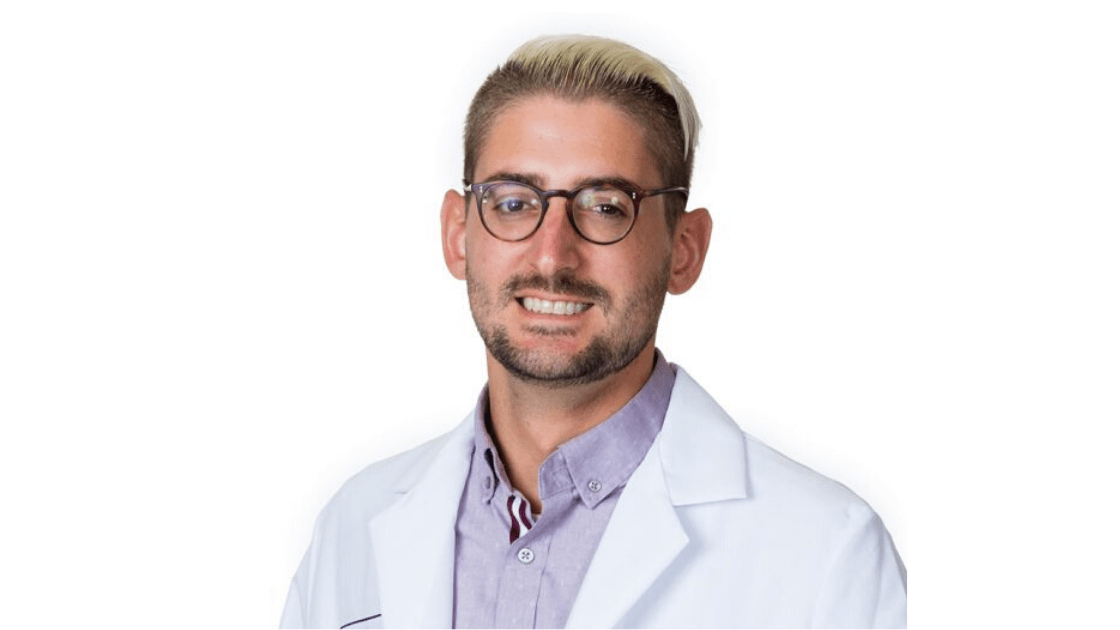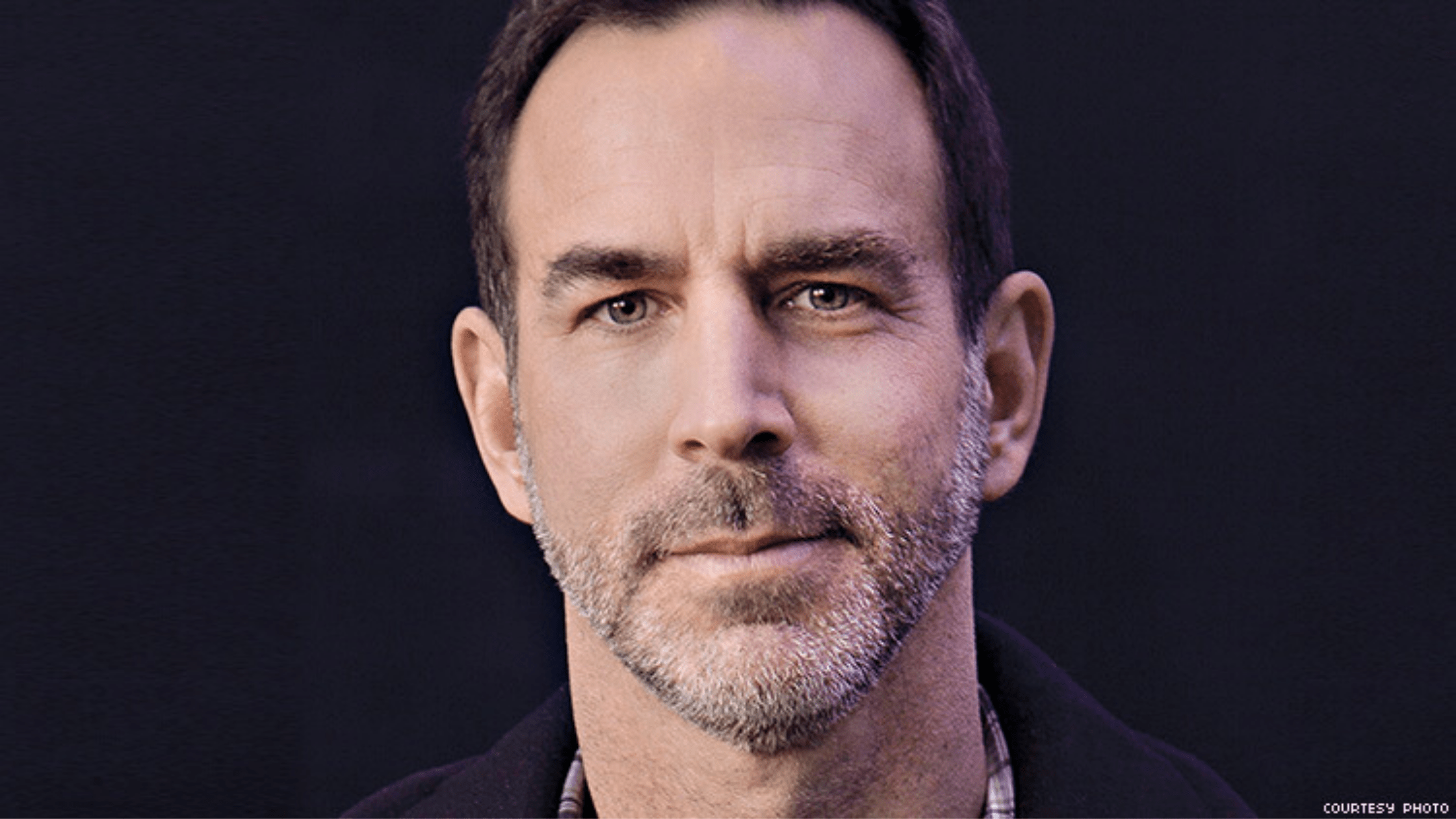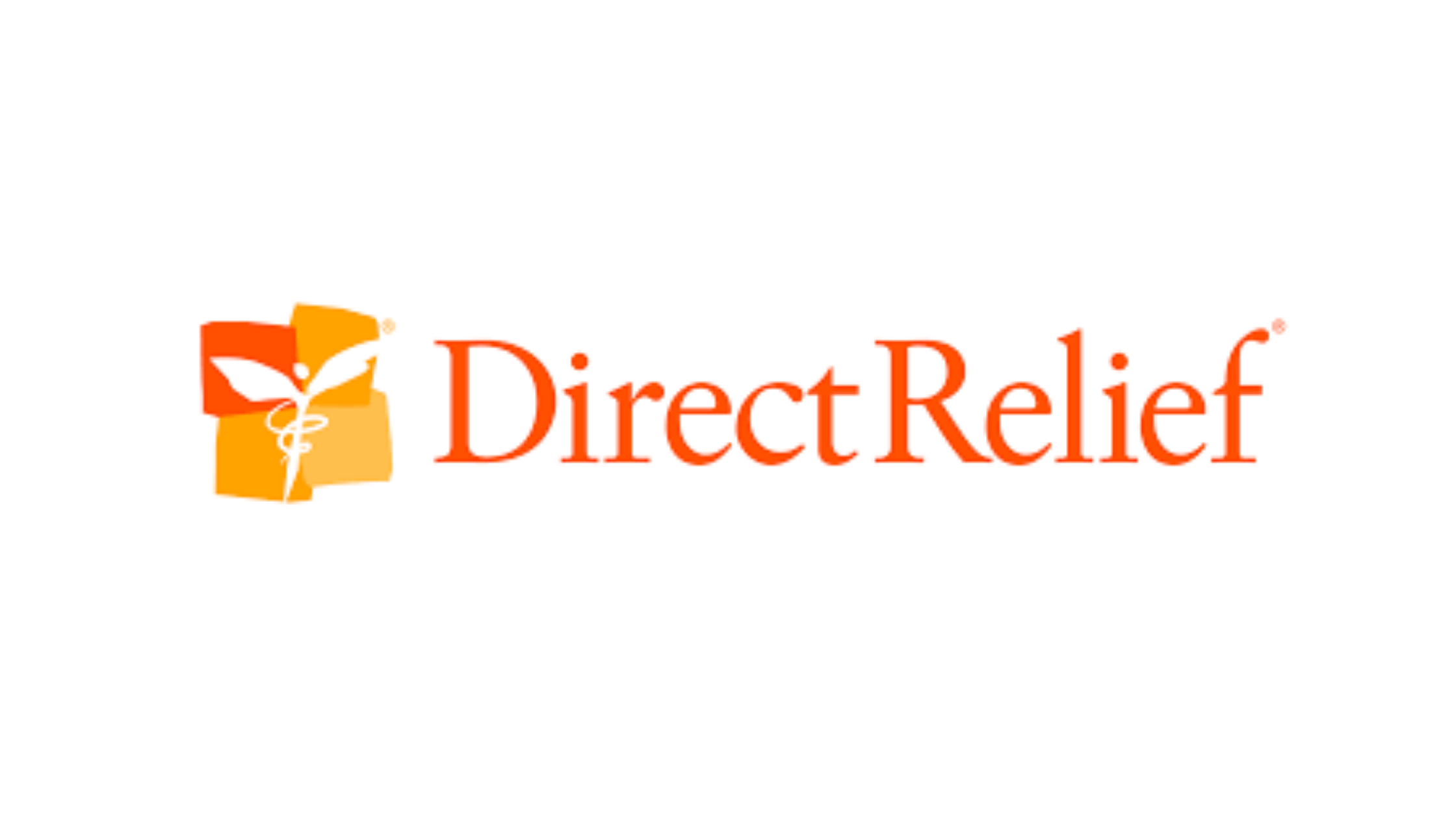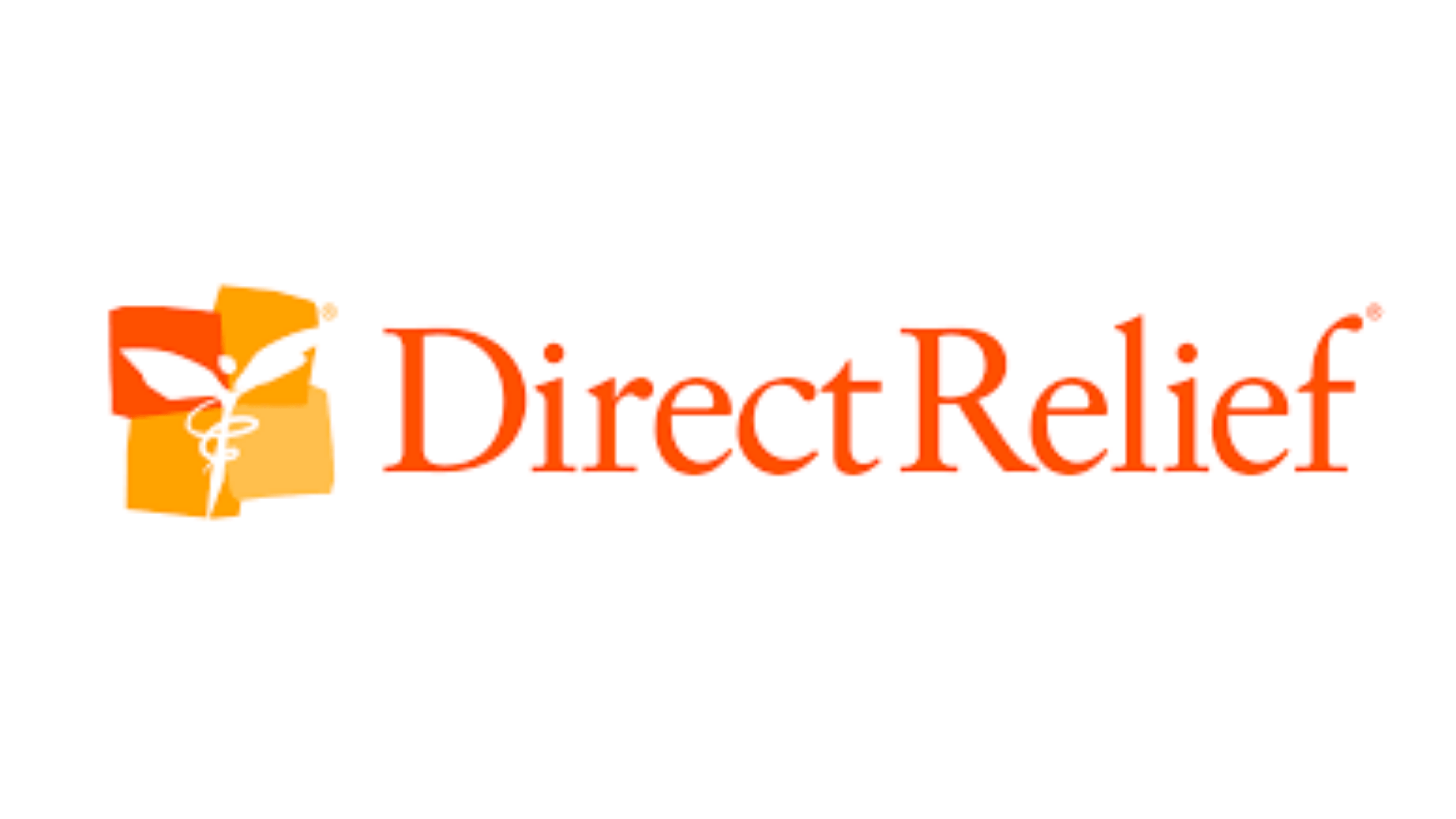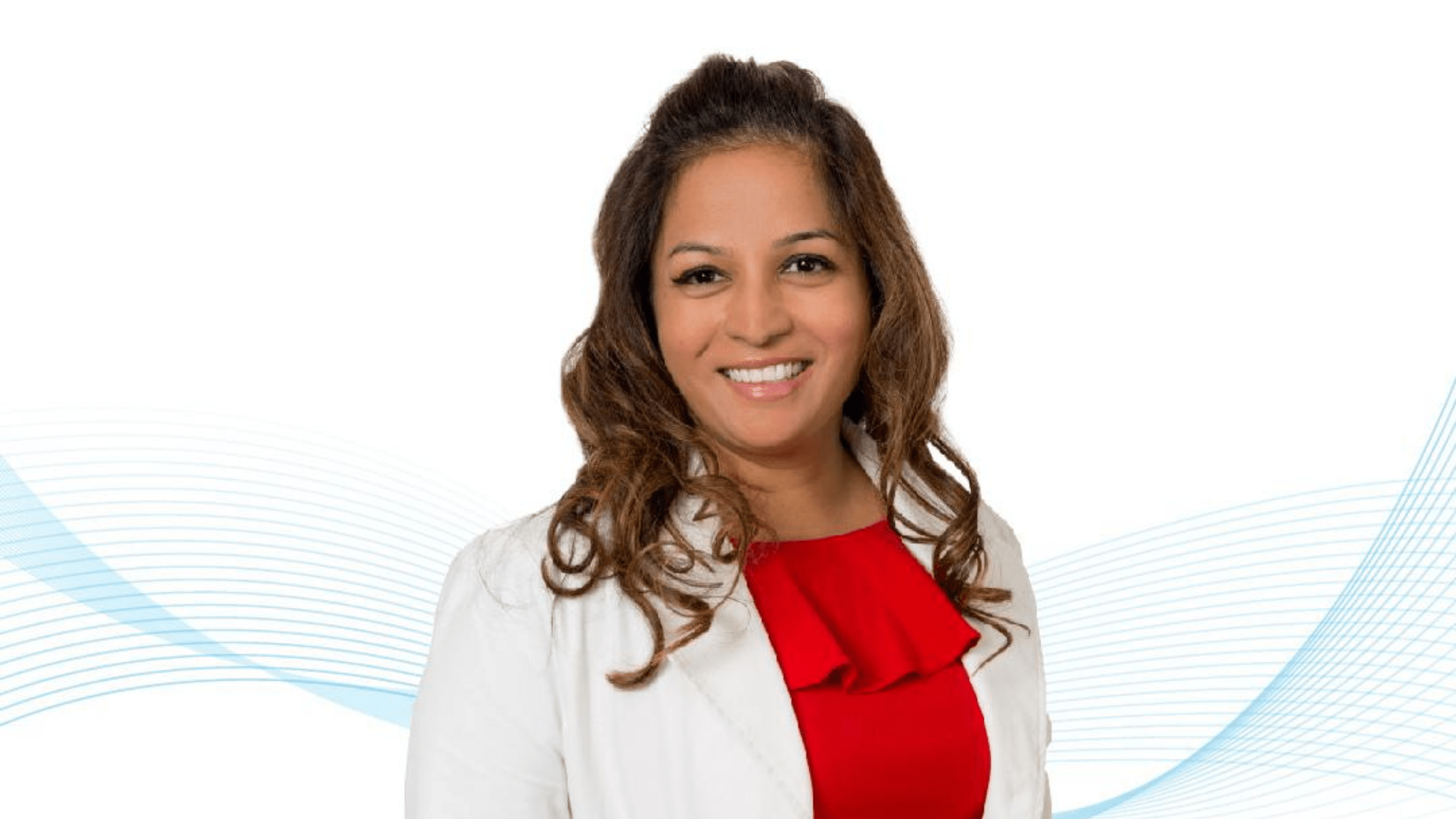
DAP Docs: HIV Won’t Stop COVID-19 Vaccine Trial Participation
Media Contact:
Jack Bunting
(760) 323-2118
[email protected]
PLWH are commonly overlooked as subjects in pharmaceutical studies and vaccine research, so our doctors practice extra caution when choosing medicines for patients. But when they learned that PLWH were being left out of two COVID-19 vaccine trials, they mobilized.
Thanks to our team joining forces with other LGBTQ and HIV advocates, biotech companies have reversed their policies. In a study protocol change, people living with stable HIV will now be included in the trials.
Reasons for excluding this group include assuming that PLWH are weakened physically, but after more than a decade of providing HIV care, Dr. Singh knows this to be a generalization. Today, people on antiretroviral medications have strong immune systems, thanks to viral suppression. They are suitable candidates for these studies.
According to Dr. Singh, there is a risk when PLWH are not included in these studies.
“This is a disservice to them, as what works for non-positive people might not work in PLWH,” she said. “But we wouldn’t know until it fails or is unsafe in this population, and it’s too late by then.”
Without having PLWH represented in COVID-19 vaccine trials, we won’t have an accurate picture of how PLWH will respond to the intervention in the real world, according to Dr. Singh.
It’s important to know, because despite the miracle of modern ART, doctors still monitor their patients for immune dysfunction, persistent inflammation, and evolving host microbiome issues caused by the HIV virus and medications.
Please click here to learn more about Research at DAP, including ANCHOR Study, which is resuming soon.
About Desert AIDS Project
Desert AIDS Project (DAP) is a humanitarian healthcare organization in Palm Springs, CA offering a combination of medical, dental, counseling, social services, support groups, alternative therapies, in-house pharmacy and lab, and other health and wellness services. DAP’s sexual health clinic, The DOCK, offers STI testing and treatment, Pre-Exposure Prophylaxis (PrEP), Post-Exposure Prophylaxis (PEP), and HIV and HCV testing. DAP’s Get Tested Coachella Valley campaign, the nation’s first region-wide free HIV testing and access to care initiative, was recognized by the White House for helping to bring about an AIDS-free future. DAP has earned a “Four Star” rating from Charity Navigator for the twelfth consecutive year – landing DAP in the top 6% of nonprofits rated. The distinction recognizes that we exceed industry standards in terms of our financial health, accountability, and transparency.
Visit www.desertaidsproject.org, www.thedockclinic.org, and www.gettestedcoachellavalley.org to learn more.









